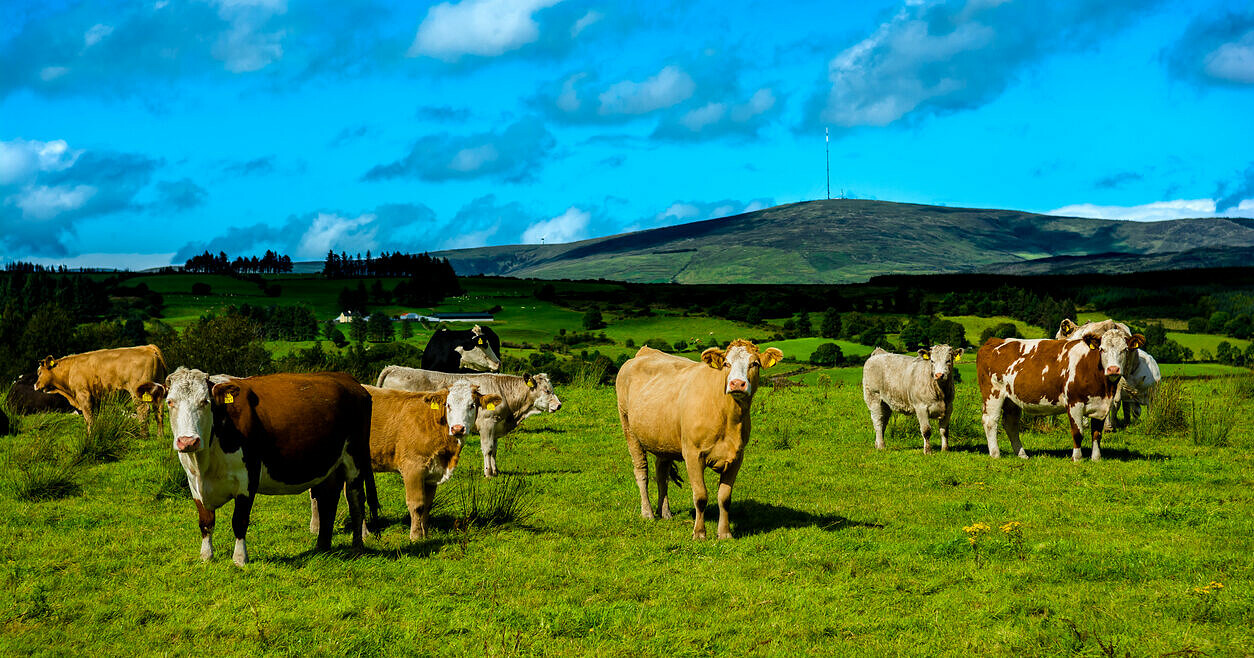The impact of the EU Deforestation Regulation on the European beef industry
29th January 2024

The European Roundtable for Beef Sustainability (ERBS) kicked off its 2024 Knowledge Share Webinar series on 16th January with an engaging and interactive webinar focused on demystifying the impact of the EU Deforestation Regulation (EUDR) on the European beef industry.
Coming into effect on 30th December, the EUDR requires companies sourcing beef, soya, palm oil, cocoa, rubber, wood and coffee to prove that their supply chains do not contribute to forest degradation or destruction or breach any environmental or social laws. Under these due diligence updates, beef companies and suppliers will be obliged to trace their beef and related byproducts down to the source to prove compliance. The EU is the world’s third largest producer of beef, producing around 600,000 tonnes per month. With less than 350 days to go until the regulation comes into effect, the clock is ticking!
The objective of the online session was to bring together a diverse range of guest speakers to provide expert knowledge on the regulation and its implications for the beef sector and to support members in navigating its requirements.
Gert Van Der Bijl, Senior EU Policy Advisor at Solidaridad, opened the discussion by exploring the reasons behind the regulation and the need for traceability in supply chains. “The EUDR is part of a broader package focused on reducing greenhouse gas (GHG) emissions. Around 16% of these GHG emissions are related to deforestation and a similar percentage of deforestation taking place globally is linked to EU consumption” he explained.
Building on this, Dr Karen Mc Gillicuddy, Senior Researcher at Farrelly & Mitchell, presented an introduction to the EUDR Regulation, providing a variety of perspectives, including several key impacts of the regulation for farmers on the ground. Under the new regulation, farmers will be obliged to provide geolocation data to their customers, allowing traceability to the plot of land on which the cattle were kept. In addition, they will need to request and examine due diligence statements from suppliers to ensure that any feed containing soy used for their animals is deforestation free.
While recognising the challenges that the EUDR poses for the industry, Fiorella Sanchez, Manager and EUDR lead at KPMG, explained that there are also significant benefits. These include brand value and competitive advantage beyond EU, supply chain resilience and employee engagement.
“EUDR compliance will be a key enabler to operate and expand business in Europe.”
Fiorella Sanchez, Manager and EUDR Lead, KPMG.
Jennifer Mleczko, Senior Sustainability Specialist and Cattle Commodity Lead at Preferred by Nature also shed a positive light on the regulation obligations by highlighting how successful implementation of a strong due diligence system now, can set agri-food companies up for compliance with future regulations.
A tangible example of this was shared by Eric Oancea, Founder and Managing Director at Root Global. He explained how the EUDR and SBTi FLAG requirements around deforestation complement each other and how innovative climate software can help companies comply with climate and deforestation requirements, in a fast, scalable and reliable way.
An energetic and engaging discussion followed the presentations with ERBS members concluding that uniting at industry level, sharing knowledge and collaborating on the new EU Deforestation Regulation is paramount for successful implementation.
The ERBS would like to thank all external speakers for providing solution focused approaches to navigating the EUDR requirements, resulting in a better understanding of its impact on the beef industry, from farm to fork. A recording of the webinar and the presentations are now available, exclusively for SAI Platform members, in My SAI Platform.